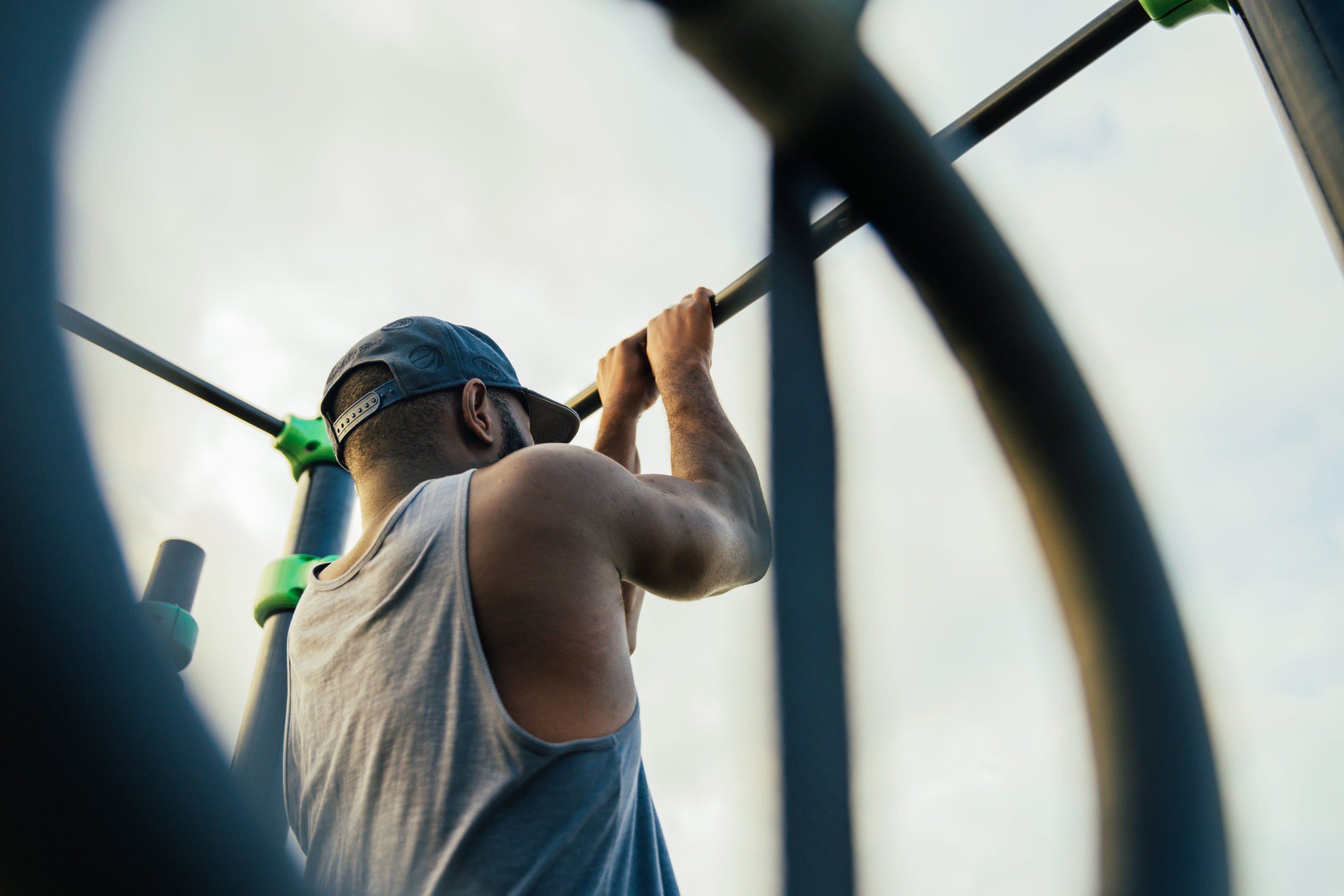Disclaimer: Not all methods of muscle testing are done by Massage Therapists associated with Athlete or Knot LLC. Some of the following Muscle Tests are for educational purposes only. Information shared is for transparency on all the possible ways Muscle Testing can be done.

Muscle Testing: Finding Weakness
Testing for muscle weakness can be approached in several ways, depending on the context (clinical, research, or rehabilitation settings) and the specific muscles or muscle groups involved. Each method has its advantages and limitations, and often a combination of tests is used to provide a comprehensive evaluation of muscle strength and function. Here are some common methods:
Possible Methods of Muscle Testing
-
Manual Muscle Testing (MMT)
A clinician assesses muscle strength by applying resistance while the patient attempts to move a muscle or muscle group. This is often graded on a scale (e.g., 0 to 5).
-
Dynamometry
This involves using a handheld or stationary dynamometer to measure the force exerted by a muscle group during contraction.
-
Functional Tests
Various functional assessments can indicate muscle weakness, such as:
- Chair stand test
- Timed up and go (TUG) test
- Gait analysis
- Stair climbing -
Performance-Based Tests
These include standardized tests like the 6-Minute Walk Test or the 30-Second Chair Stand Test, which evaluate overall physical performance and can indicate muscle weakness.
-
Isokinetic Testing
This method uses specialized equipment to measure muscle strength at a constant speed throughout the range of motion.
-
Electromyography (EMG)
This technique records electrical activity in muscles and can help assess the strength and function of specific muscles.
-
Strength Endurance Tests
These tests measure how long a muscle can sustain a contraction or perform repetitive movements (e.g., push-ups, sit-ups).
-
Self-Reported Assessments
Questionnaires or surveys can be used to assess perceived muscle weakness or difficulties in performing daily activities.
-
Imaging Studies
While not direct tests of muscle strength, MRI or ultrasound can be used to assess muscle mass and integrity, which can correlate with strength.
-
Clinical Observation
Sometimes, clinicians can assess muscle weakness through observation of movement patterns and functional limitations during routine examinations.
